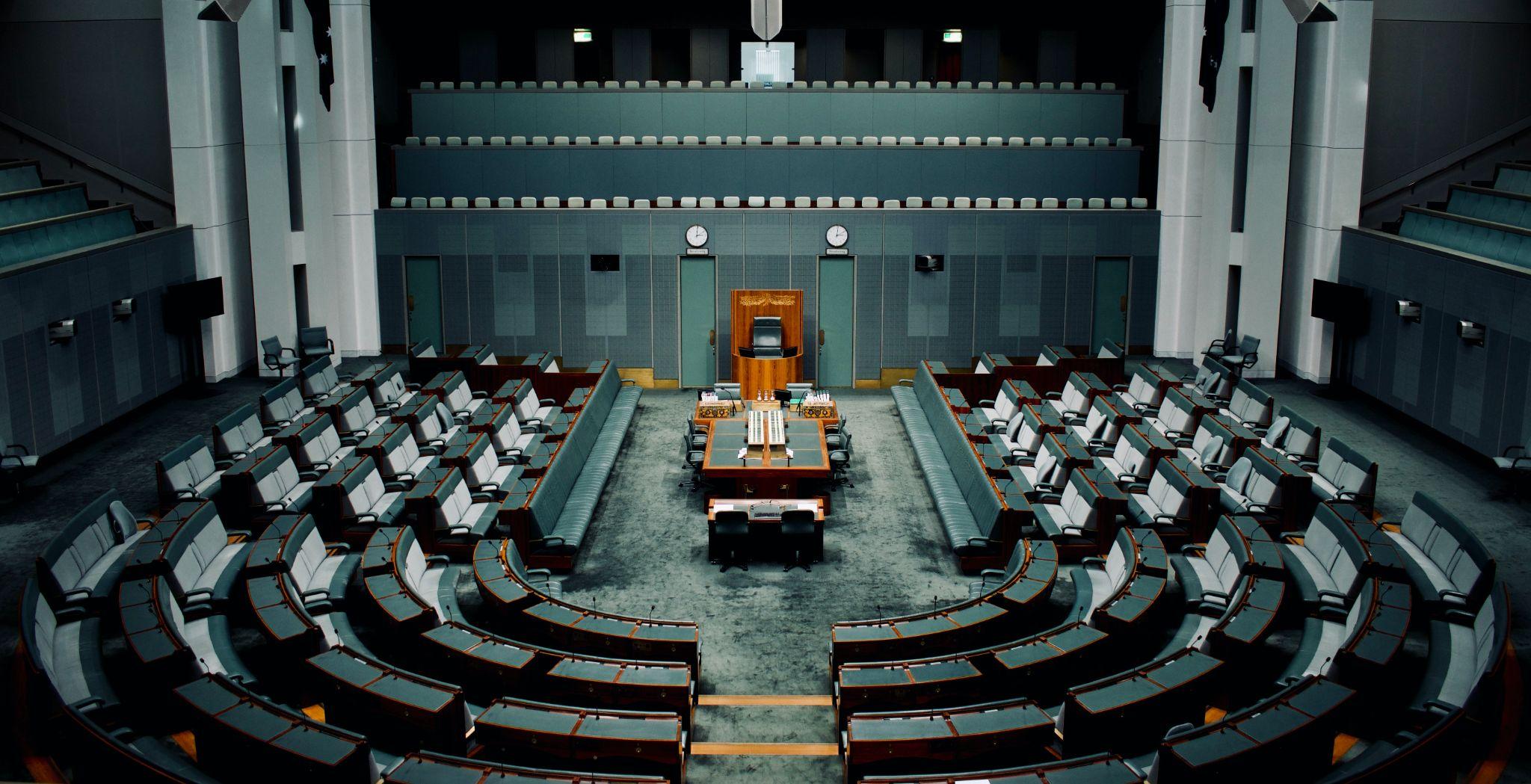Author | Lucía Burbano
Climate change, inequality, poverty, geopolitical instability… the challenges facing governance are countless, unexpected, structural and highly complex to tackle. Disruptive technologies such as artificial intelligence, blockchain and the Internet of Things are tools that can play an important role in guaranteeing sustainable governance.
However, future governance depends largely on society and today’s governments creating a favorable framework that enables innovation to be implemented from various perspective which, often, require a significant change of mentality.
Future-focused governance
The future, or simply, the unknown, generates uncertainty. In order to prepare for potential scenarios, governments and society need to adopt strategies which, according to the OECD, require a series of changes with regard to existing models:
Involving people and other stakeholders in the creation of future policies
Strategic planning for governance should do away with existing "narrow circles" and involve both citizens and international experts, in order to benefit from the diversity of outlooks.
Ensure that traditional mechanisms do not prevent us from exploring the resolution of complex issues
The capacity to anticipate involves the ability to constantly question existing policies and actively explore a variety of future opportunities. The legal framework seems to be restrictive of flexible and recurrent forms of experimenting with emerging problems.
Overcome the fear of innovation…
The governance of the future requires innovation to be integrated into the administrative system. This means identifying, testing and disseminating innovation, with the aim of boosting developments related to the resolution of uncertain futures.
…And technology
A study by IBM Center for the Business of Government states that artificial and augmented intelligence will change the rules of the game and the roles, both within the Administration and between the latter and citizens.
Data will boost progress. The increased availability and use of data will change the way in which public managers use information to analyze performance, make decisions and provide services.
Countries that already govern thinking of the future: the case of Finland

Although Finnish society and public governance are known for being at the top of numerous international rankings, the self-analysis capacity of successive governments has resulted in the intention to improve two areas: anticipation and systemic approaches to tackle complex issues.
As a result of this mentality, the following government projects have been launched:
Governments for the future (2012-2014). Initiated by the Ministry of Finance and the Prime Minister’s Office in collaboration with Sitra, an innovation fund that reports directly to the Finish Parliament, to **discover new ways of implementing reforms in the public administration.
Experimental Finland Initiative (2016-2019). The project was designed by the prime minister’s office and included three types of experiments: **strategic (**pilot studies selected by the government), pooled pilots and partnerships (regional or sectoral experiments) and grass root experiments (municipalities, regions, universities, charity organizations, etc.).
With a view to the next decade, the Finnish government plans to identify the areas in which the Administration can renew itself to achieve ambitious objectives, without giving up the values of stability and continuity when drawing up its characteristic policies.
Photographs | Unsplash/ Aditya Joshi, Unsplash/Joakim Honkasalo






















































